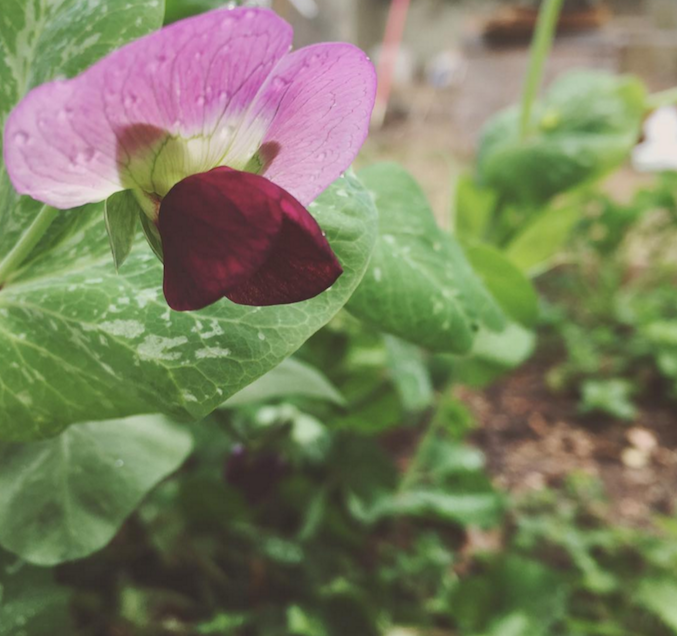
09 Jul Acupuncture for Insomnia
Acupuncture may not seem like an obvious choice to keep you from tossing and turning at night. Sticking needles into your skin seems like a surefire way to wake you up, not put you to sleep.
However, there is strong clinical evidence that acupuncture can be an effective treatment for insomnia.
Acupuncture activates your parasympathetic system, or the “rest and digest” part of our nervous system. The more your body is able to slip into this relaxation state, the faster you can fall asleep when you hit the pillow. (Ideally you should be asleep within 20 minutes of lying down in bed.)
Sometimes the best sleep I get is when I fall asleep during an acupuncture treatment. It’s like a super-effective cat nap that instantly restores me. My patients tell similar stories after I treat them for insomnia or even conditions unrelated to fatigue.
What to know before you make an appointment
Needles will be placed in specific points along meridians, or channels running through your body. There are 12 meridians named after specific organs, but they do not necessarily have a direct correlation with how we define those organs in conventional medicine.
The following meridians relate to specific sleep issues:
- Heart Meridian (anxiety): If you have difficulty falling asleep, or you wake up easily
- Spleen Meridian (worry, OCD): If you wake up at the same time every night
- Liver Meridian (anger, stress): If you wake up between 1 and 3 a.m.
- Lung Meridian (grief): If you wake up between 3 and 5 a.m.
While some people see results right away, it may take up to six sessions to see improvement, as acupuncture has a cumulative effect.
In an ideal world, you would be receiving acupuncture right before you go to sleep. If that’s not possible, I recommend booking an acupuncture appointment in the early evening on a day you can go straight home and relax.

